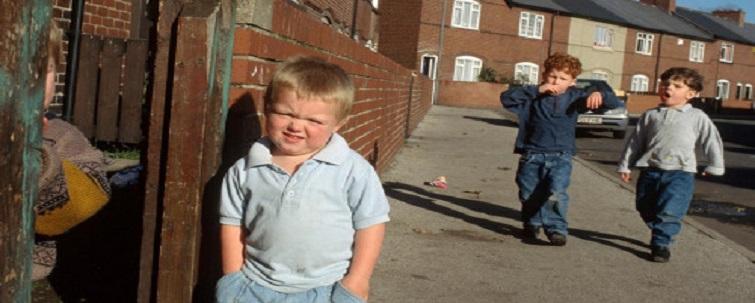Child poverty is a serious problem and it is only going to get worse, unless we do something about it now. Why aren’t we tackling the cause of these issues?
Child poverty is a serious problem and it is only going to get worse, unless we do something about it now. Why aren’t we tackling the cause of these issues? More importantly, why aren’t the decision makers, politicians and the Government, making a change?
Over a quarter of children in the UK, 3.5 million to be precise, are living in poverty today. The result of being a child in poverty can have an everlasting effect on both the mind and the body.
So, how can poverty be measured? Well, poverty is something that can’t necessarily be defined, but the easiest way to explain it is through the following points.
Why are we waiting for a solution?
One of the most obvious factors is a lack of money – if you have minimal income, you may be classed as living in poverty. Others may class poverty as having a lack of necessities, such as food, clothing and shelter, which generally, are the result of a lack of money.
Alternatively, families who live in deprived areas, where their children can’t access good education or play safely, may be classed as poor. It is something that is largely down to personal opinion.
It is particularly shocking to know that by the age of three, children from poorer backgrounds are estimated to be about nine months behind those from wealthier backgrounds, education-wise. This is clearly a problem, as children are unnecessarily lacking an education, just because they are unfortunate enough to be poorer than others.
In addition to this, poverty is associated with poor health and even premature death. One of the reasons for this is because poorer families often can’t afford to access the health services that would prevent and treat diseases, and therefore their illness only gets worse.
Creative solutions
In extreme poverty, children may not be able to receive regular meals, and this can have a strong negative impact on their health too. Also, overcrowding and bad living conditions, including a lack of sanitation, can worsen and spread serious diseases, and without treatment, can result in long-term problems.
Housing is one of the biggest factors associated with child poverty, especially as poor families are more likely to live in badly built houses, as that’s all they can afford.
Living in bad housing can have an effect on both mental and physical health. It is so important that better houses are being built with lower costs, so that these families can afford to live somewhere safe and appropriate.
We need to begin thinking outside the box. If this problem is going to be tackled, every aspect needs to be thought about. For example, many parents don’t apply for jobs because childcare costs are so high, and it would be more beneficial to stay at home and care for their children themselves.
So, something needs to be decided which reduces costs somewhere along the line.
It is important for young adults to be involved with these changes, as they are the ones who see the result of poverty in their everyday lives, whether it is from their own experiences, or seeing how it affects others.
Either way, it is an issue that can be resolved and so we need to succeed in making that happen.
What do you think? What should be done to tackle child poverty? Have your say in the comments section below.









